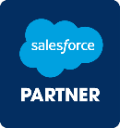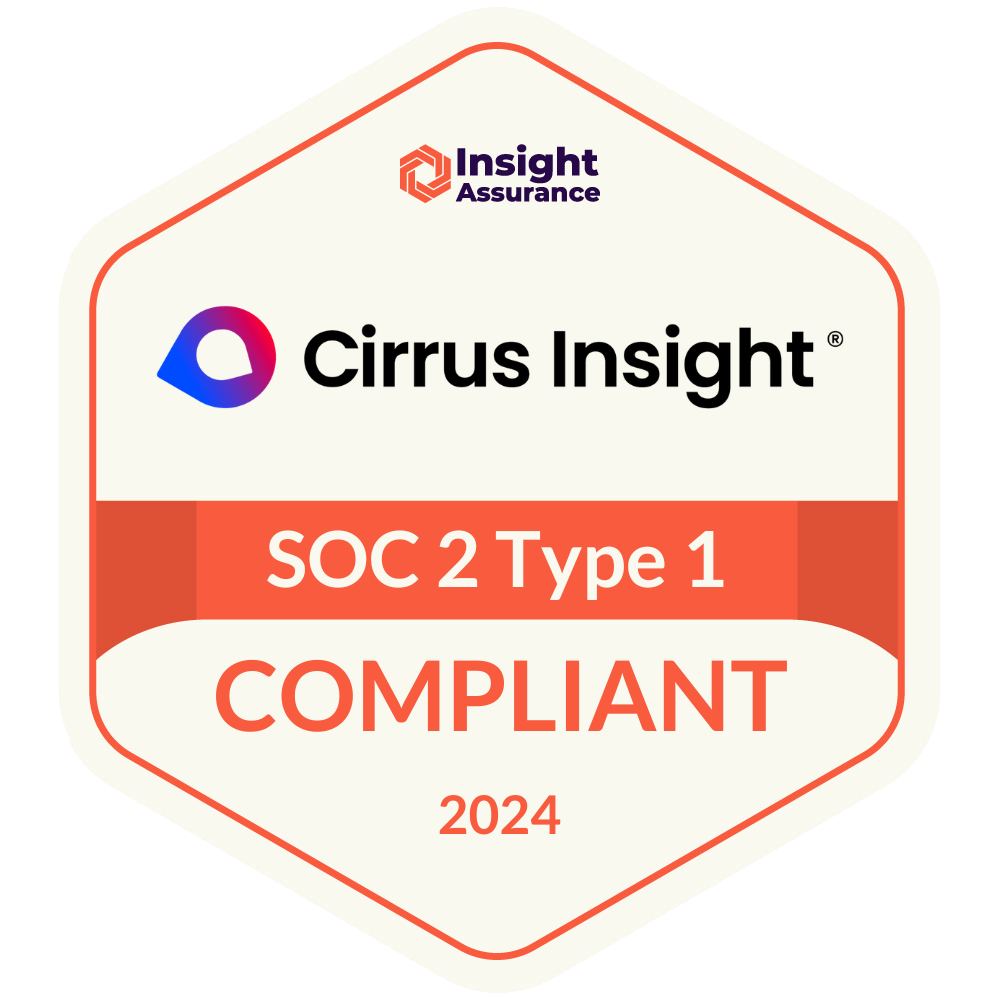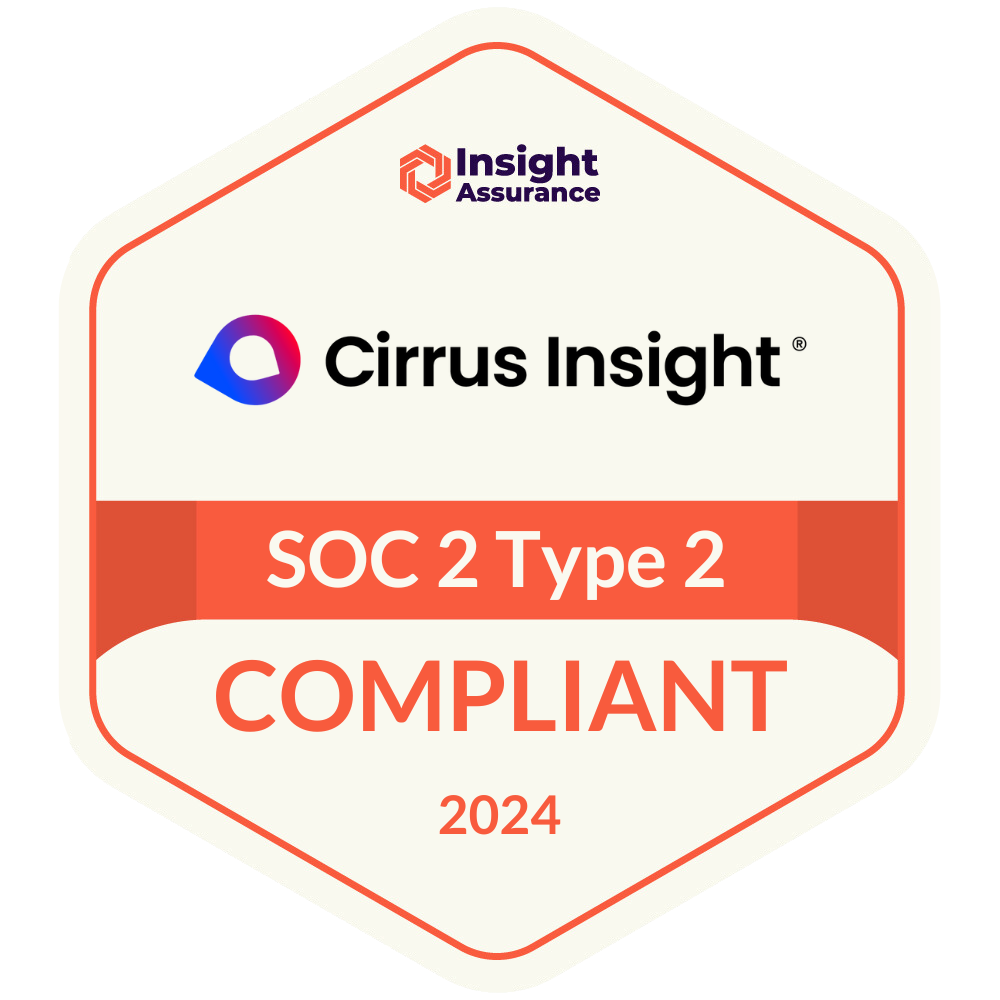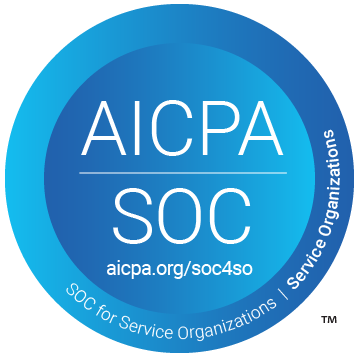- Solutions
-
Products
-
Resources
Sales Automation Tools | Cirrus Insight by Kristi Campbell View all Blog Posts >Get the App, Get the Sidebar, & Get Your Trial Going HereUnleash limitless growth opportunities by partnering with Cirrus Insight.
- Pricing
Filter By:
- All topics
- Sales Productivity
- Sales Intelligence
- Salesforce
- Sales Strategy
- Sales Prospecting
- Book More Meetings
- Best of
- Company News
- Product
- Sales Leadership
- CRM Admininstration
- Sales Metrics
- Supercharge Sales Activity
- Team Scheduling
- Admin
- serious insights
- Prospect Smarter
- Sales Activity Data
- Sales Forecasting
- Scheduling Solutions
- Prospect Faster
- Auto-Sync Everything To Your CRM
- Chrome
- Comparison
- Financial Services
- For Admins
- Getting Started
- IT & Security
- outlook
Subscribe to our Blog for the Latest Insights
Join our blog community to stay informed and receive fresh content and actionable tips directly in your inbox.
Enhancing Candidate Experience: The Impact of AI in Recruitment
The recruitment landscape has evolved dramatically in recent years, with artificial intelligence (AI) playing a pivotal role in transforming how companies engage with candidates. Today, organizations leverage AI to streamline hiring processes, improve communication, and create a more personalized experience for job seekers.
A recent study revealed that 42% of recruiters believe that AI tools will help them become more strategic. With the right tools, such as Meeting AI from Cirrus Insight, recruiters and hiring managers can do things like access a single, streamlined summary of a candidate’s professional presence. These tools can consolidate information from LinkedIn, web profiles, and proprietary data sources, offering actionable insights without manual effort.
The Role of AI in Revolutionizing Candidate Experience
Gone are the days when candidates had to wait weeks or even months for updates on their job applications. AI-driven recruitment tools have significantly improved responsiveness and engagement, ensuring that candidates remain informed throughout the hiring process. Some of the key ways AI is transforming candidate experience include:
- AI-Powered Chatbots for Instant Communication: AI-driven chatbots provide real-time responses to candidates’ inquiries, answering frequently asked questions about job roles, company culture, and application status. This reduces frustration caused by long wait times and ensures a seamless communication experience.
- Automated Resume Screening: This is the most common way businesses use AI during their hiring process, with 58.9% of organizations citing resume screening as their top use case for the technology. Traditional resume screening can be time-consuming and prone to human bias. AI-powered applicant tracking systems (ATS) analyze resumes quickly, identifying the most suitable candidates based on predefined criteria, ensuring a fairer and more efficient process.
- AI-Driven Job Matching: AI algorithms analyze candidates’ skills, experience, and preferences to match them with the best-fitting part-time or full-time job opportunities, improving the likelihood of successful hires.
- Sentiment Analysis for Candidate Feedback: AI tools analyze candidate feedback from interviews and applications, helping companies identify areas for improvement in their hiring processes.
By leveraging AI in these ways, organizations can create a smoother and more engaging experience for job seekers, making the recruitment process feel less like a transaction and more like a journey.
Streamlining the Hiring Journey: AI’s Impact on Efficiency and Personalization
One of the biggest advantages of AI in recruitment is its ability to streamline hiring while also personalizing interactions. Traditionally, high-volume recruitment processes were labor-intensive and impersonal, but AI now enables organizations to scale their hiring efforts without sacrificing candidate engagement.
Increased Efficiency
AI significantly reduces the time it takes to move candidates through the hiring pipeline. Automated resume screening allows recruiters to focus on high-potential candidates rather than manually sifting through hundreds of applications. Additionally, AI-driven scheduling tools are able to coordinate interviews efficiently, eliminating the need for back-and-forth emails between recruiters and candidates.
Enhanced Personalization
While AI is often associated with automation, it also plays a crucial role in making recruitment more personal. AI-powered platforms analyze candidate preferences, work history, and interactions to deliver customized job recommendations. Personalized communications such as tailored email updates and chatbot interactions ensure that candidates feel valued throughout the process.
One great example of AI enhancing personalization is Cirrus Insight, a sales engagement platform that integrates with email and CRM systems to track interactions, automate follow-ups, and provide real-time insights. In recruitment, tools like Cirrus Insight can help HR teams maintain meaningful candidate relationships by ensuring timely communication and follow-ups, ultimately improving candidate experience and employer branding.
Strategies for Creating a Positive AI-Enabled Candidate Experience
While AI offers many advantages in recruitment, its implementation must be strategic to ensure a positive candidate experience. Here are some key strategies for leveraging AI effectively:
1. Maintain a Human Touch
AI should enhance, not replace, human interaction. While chatbots and automated emails can handle routine inquiries, personal communication from recruiters is still essential for relationship building. A hybrid approach where AI manages administrative tasks and recruiters focus on meaningful interactions creates the best candidate experience.
2. Ensure Transparency in AI Usage
Candidates should be aware of how AI is being used in the hiring process. Providing clear explanations about AI-driven resume screening, job matching, and interview evaluations can help build trust. Transparency also means ensuring that AI-driven decisions are explainable and not solely reliant on algorithms.
3. Mitigate AI Bias
AI is only as good as the data it's trained on. If the data contains underlying biases, AI systems may inadvertently reinforce discrimination in hiring. Implementing diverse training datasets and human oversight can help mitigate biases. Organizations must regularly audit AI models to ensure they promote diversity and inclusion.
4. Leverage AI for Continuous Candidate Feedback
AI-driven sentiment analysis tools can collect feedback from candidates at different stages of the hiring process. This data can help organizations identify pain points and refine their recruitment strategies to enhance candidate satisfaction.
5. Personalize Candidate Journeys
From tailored job recommendations to AI-driven career coaching, organizations can use AI to provide a personalized candidate journey. AI-powered career portals that suggest relevant opportunities based on candidates’ skills and interests can significantly improve engagement and job satisfaction.
The Future of AI in Recruitment
The integration of AI in recruitment is only just beginning. As AI technology continues to advance, more sophisticated solutions will emerge that enhance the candidate experience. Developments in the future may include AI-driven virtual interview coaching, real-time language translation for global candidates, and even AI-powered emotional intelligence assessments that gauge cultural fit.
AI has undeniably transformed the way companies approach recruitment, enhancing efficiency, personalization, and overall candidate experience. From AI-powered chatbots and automated resume screening to personalized job recommendations and predictive analytics, AI enables organizations to provide a seamless hiring journey.
However, as AI becomes more deeply embedded in hiring processes, organizations must strike a balance between automation and the human touch. The goal should always be to create a recruitment experience that is efficient, fair, and engaging for candidates. To maximize AI’s potential while maintaining a human-centric recruitment process, companies must implement AI strategically. By ensuring transparency, mitigating bias, and prioritizing personalized communication, organizations can create a positive and engaging candidate experience that attracts top talent.
As AI continues to evolve, those who embrace its potential while maintaining a strong focus on human connection will stand out as employers of choice in an increasingly competitive job market.





